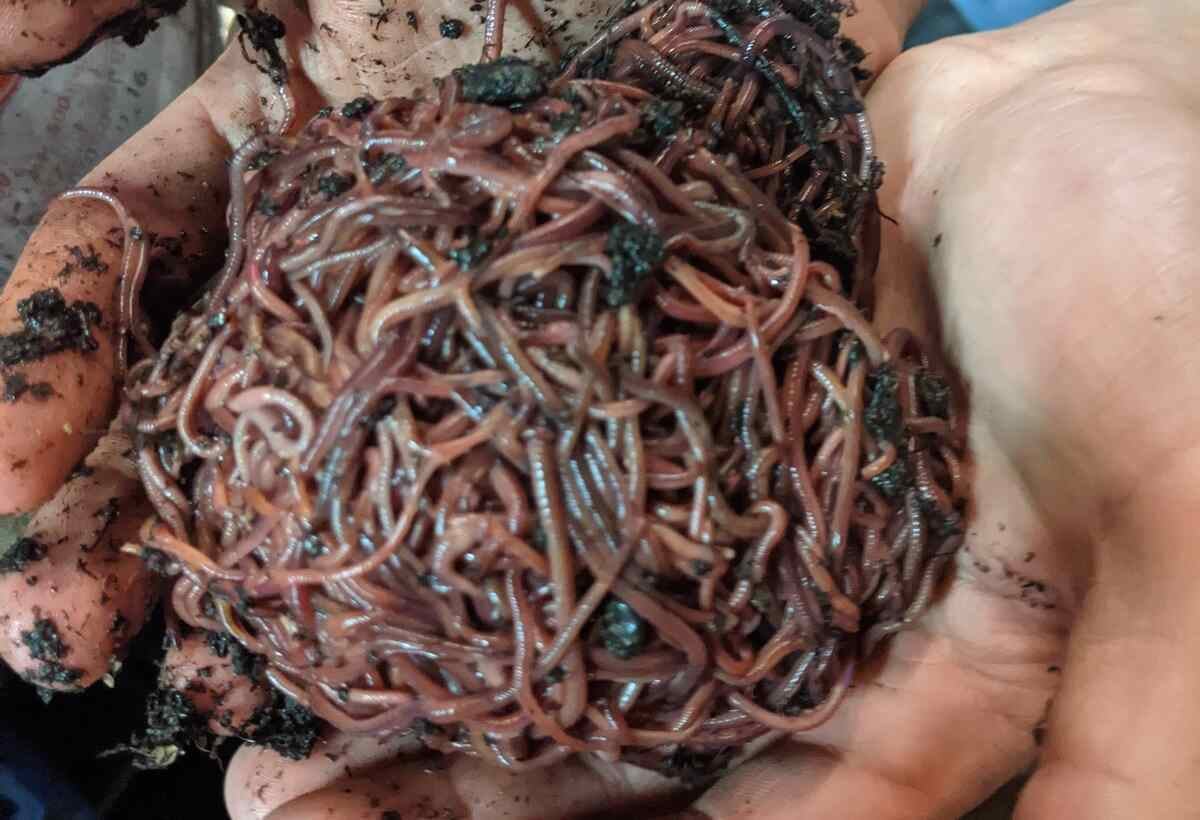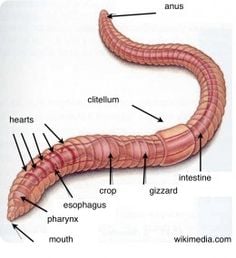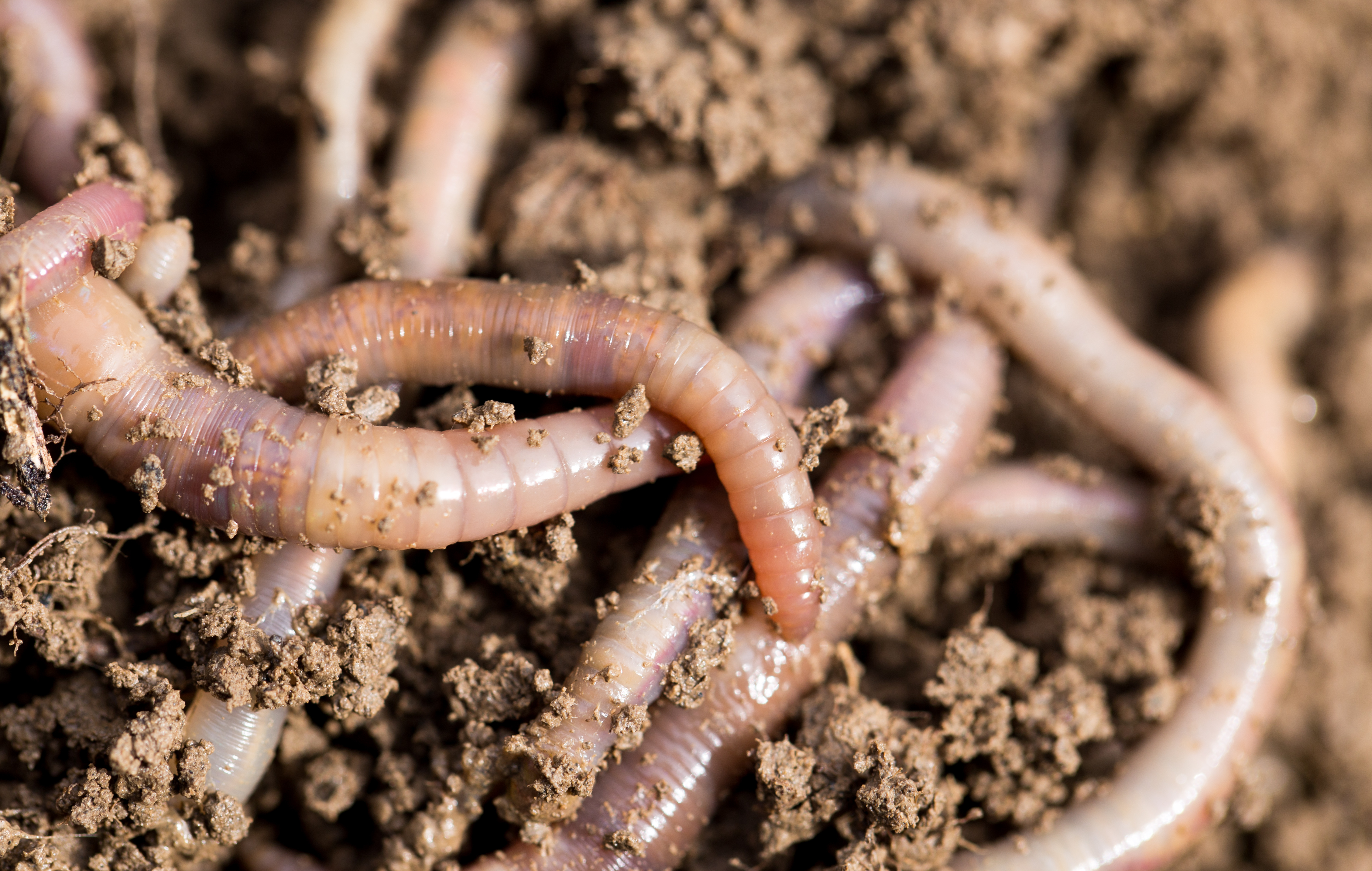Purchase Red Wiggler Worms - Ideal for Composting and Gardening
Purchase Red Wiggler Worms - Ideal for Composting and Gardening
Blog Article
Red Wiggler Worms Demystified: Unlocking the Tricks of Vermiculture for Greener Living and Nutrient-Rich Dirt
In the world of lasting techniques for enhancing soil quality and advertising eco-conscious living, red wiggler worms play a critical yet typically forgotten function. Red Wiggler Worms. Recognizing the complexities of caring for these worms, maximizing their atmosphere, and utilizing their spreadings can lead to a greener way of living and much healthier soil for plants to grow.
The Function of Red Wiggler Worms
Red Wiggler worms play a crucial function in composting systems by successfully breaking down natural matter into nutrient-rich spreadings. These ravenous eaters consume a selection of organic products, such as kitchen scraps, lawn waste, and paper products. As they feed, the worms' digestive system procedures break down the raw material right into a fine, dark, and nutrient-dense material referred to as worm spreadings or vermicompost.
The castings generated by Red Wiggler worms are extremely useful for soil wellness and plant growth. They are abundant in vital nutrients like nitrogen, phosphorus, and potassium, which are crucial for supporting healthy plant advancement. Furthermore, worm castings contain helpful microbes and enzymes that aid enhance soil structure, increase water retention, and boost nutrient uptake by plants.
Advantages of Vermicomposting

It enhances soil structure, enhances dirt oygenation, and raises soil moisture retention. Vermicompost also enhances the dirt with necessary nutrients like potassium, phosphorus, and nitrogen, promoting plant growth and overall soil fertility.
Additionally, vermicomposting supports lasting gardening practices by giving a all-natural and chemical-free option to artificial plant foods. Red Wiggler Worms. This eco-friendly technique not just improves the dirt yet likewise helps in reducing reliance on hazardous chemicals, promoting a greener and more sustainable means of gardening
Establishing a Worm Container
When establishing a worm container for vermicomposting, proper setup is critical to make sure the success of the composting procedure. The first action in setting up a worm container is selecting a suitable container.
After including the bed linens, present the red wiggler worms to the bin. It is advised to begin with a handful of worms and slowly increase as they increase. The worms ought to after that be supplied with food scraps such as vegetables and fruit peels, coffee grounds, and eggshells. It is necessary to avoid including meat, dairy products, oily, or salted foods to avoid bring in insects and producing unpleasant odors.
Regularly check the moisture levels and temperature in the worm container to guarantee ideal conditions for the worms. With correct configuration and upkeep, the worm bin will successfully transform natural waste right into nutrient-rich garden compost for your plants and garden.
Harvesting Worm Castings
To successfully collect nutrient-rich worm spreadings from your vermicomposting system, More Help a methodical harvesting technique is vital. When it comes time to gather the worm spreadings, there are a few essential actions to follow to make certain a successful process.

Troubleshooting Common Issues
Identifying and addressing typical difficulties that may arise during the vermicomposting procedure is crucial for maintaining a healthy and efficient worm bin. One common problem that vermicomposters experience is overfeeding. Adding excess food scraps can result in a build-up of wetness and acidity in the worm bin, possibly damaging the worms. To stop this, feed the worms in moderation, making certain that the food scraps are adequately broken down prior to adding extra. One more problem is undesirable smells rising from the worm bin. Foul smells suggest anaerobic conditions, typically brought on by overwatering or poor ventilation. To remedy this, readjust the wetness levels by including dry bed linen materials like shredded paper or cardboard and boost oygenation by transforming the bedding on a regular basis.
Furthermore, if the worm population is decreasing or the worms appear harmful, it might be as a result of environmental stress factors such as severe temperatures or pH degrees. Keeping track of these aspects and making needed modifications is important for the well-being of the worms. By troubleshooting these typical problems without delay, vermicomposters can guarantee a successful and smooth vermicomposting process while keeping a thriving worm population.

Conclusion
In final thought, red wiggler worms play an important duty in vermiculture by breaking down natural matter into nutrient-rich soil. Setting up a worm container is crucial for successful vermiculture, and harvesting worm castings supplies beneficial garden compost for gardening.
As they feed, the worms' Full Article digestion processes damage down the natural issue right into a fine, dark, and nutrient-dense product understood as worm spreadings or vermicompost.
The spreadings generated by Red Wiggler worms are very valuable for dirt health and wellness and plant development. Adding excess food scraps can lead to a buildup of wetness and acidity in the worm bin, possibly hurting the worms.In addition, if the worm populace is declining or the worms show up unhealthy, it could be due to environmental stressors such as extreme temperature levels or pH levels. Establishing up a worm bin is crucial for effective vermiculture, and collecting worm castings offers important go to the website garden compost for horticulture.
Report this page